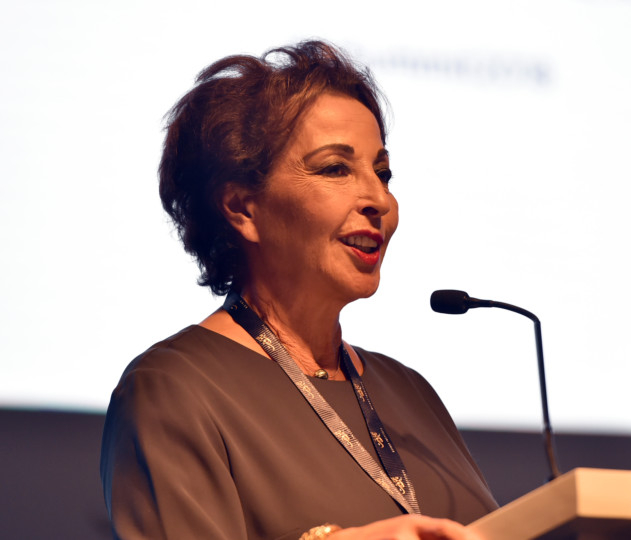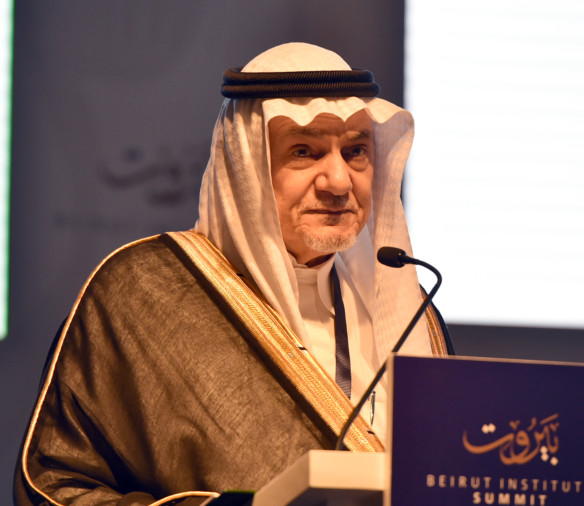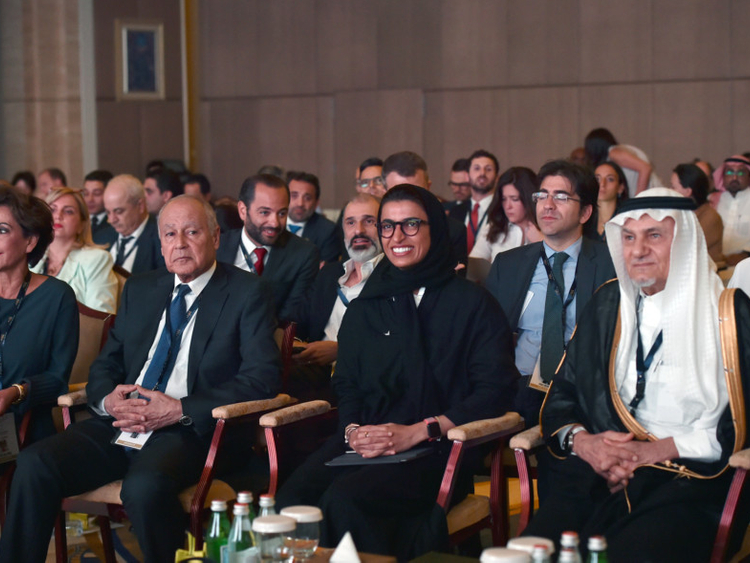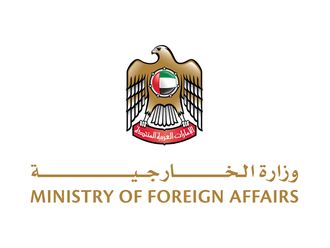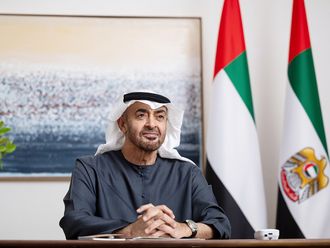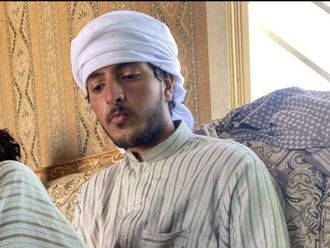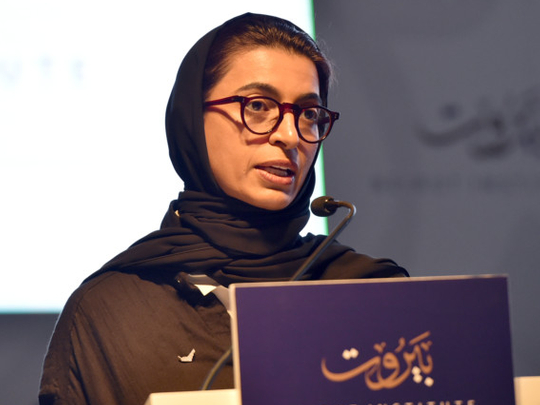
Abu Dhabi: With the region facing a number of conflicts and challenges, the UAE stands out as a beacon of hope and success for young Arabs, proving itself to be a model for positive change, said a UAE official in Abu Dhabi on Saturday during the second edition of the Beirut Institute Summit.
The two-day conference brings together several current and former Arab policymakers to discuss the challenges faced by the region and what policies can be made in response.
“The UAE is celebrating the 100th birth anniversary of UAE’s founding father Shaikh Zayed Bin Sultan Al Nahyan, who built the country on the values of tolerance and cooperation. Shaikh Zayed put forward a unique vision that the Arab world desperately needs today in order to bring back hope to the youth as well as to elevate their living standards,” said Noora Mohammad Al Kaabi, Minister of Cultural and Knowledge Development.
“Today, the language of hope is the language that we should start talking with. The major challenges we face requires decision makers to set clear strategies to change the future, enabling our youth and cultivating society in a way that ends the influence and thinking of ideologies used by extremist groups,” she added.
Al Kaabi highlighted the results of the recent Arab Youth Survey, which pointed to the UAE’s positive image among young Arabs.
“The UAE is a beacon of hope for the youth of the region and this is according to the Arab Youth Survey that was conducted recently. The UAE ranked first as one of the best nations to work and live in and to achieve one’s ambitions. These results clearly reflect and show the accomplishments of the UAE,” she said.
Al Kaabi also spoke on the UAE’s cultural contributions to the region, saying it was a good way of enhancing relations between different Arab countries.
“The UAE last month announced to rebuild the Grand Al Noori Mosque in Mosul, Iraq. This project will provide more than 1,000 jobs for Iraqis and spread the message of modernism against the narrative of the extremists.
“Our aid and help is not specific to a certain race or nationality, it is for everyone and extends to areas such as education, training programmes, and providing financial assistance to countries affected by crisis’,” she added.
GCC remains strong
Addressing the summit, Dr Abdul Latif Bin Rashid Al Zayani, Secretary-General of the Gulf Cooperation Council, said the GCC will continue to prove itself as one of the Arab world’s most effective organisations.
“The GCC will always remain robust and never be shaken, it is a well established council and has several tangible achievements on all levels … The GCC is one of the few regional establishments that has played a major role in implementing the UN charter for political initiatives in Yemen.”
Talking about the recent withdrawal of the US from the Iranian nuclear deal, Al Zayani said it presented an opportunity for Iran to change course.
“We want to see a Middle East that is free from all weapons of mass destruction — especially nuclear ones. I believe the decision of President Trump to withdraw from the nuclear deal has created an opportunity for Iran to change its path; we want [Iran] to respect the basic principles of the UN charter.
“As they say the ball is now in the Iranian court, we have made our demands clear and they are in regards to the sunset clause provisions, the ceasing of providing ballistic missiles in respect of UN resolutions, not interfering in the internal matters of the state, and the ending of support for terrorist groups. If these points are met they will make the region very peaceful and secure,” he added.


